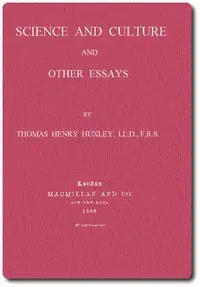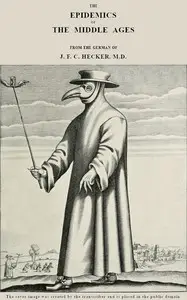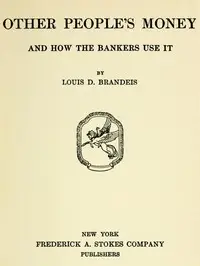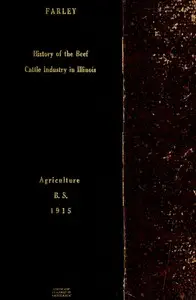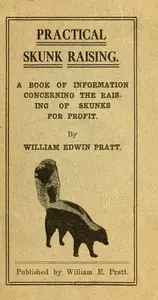"Geological Contemporaneity and Persistent Types of Life" by Thomas Henry Huxley is a scientific publication written in the mid-19th century, during the Victorian era. The book explores significant concepts in paleontology, particularly concerning the relationships between geological formations and the types of life that have existed over time. Huxley critiques the assumptions around geological contemporaneity and the persistence of life forms, questioning prevalent notions in the understanding of evolutionary processes based on fossil records. In his discourse, Huxley argues that although paleontology has enriched biological sciences with a vast array of factual data, it is premised on fundamental assumptions that may not hold under scrutiny. He posits that the two main assumptions—first, that the geological record began concurrently with the advent of life, and second, that geological contemporaneity equates to chronological synchrony—require careful examination. Through various examples and case studies, Huxley illustrates how paleontological evidence sometimes points to minimal change in life forms over extensive geological periods, thereby challenging the view that evolution is a linear process of progress from primitive to advanced organisms. He concludes that the existing geological and paleontological records may not be sufficient to substantiate sweeping evolutionary claims, underscoring the need for more rigorous approaches to understanding life's history on Earth. (This is an automatically generated summary.)

Geological Contemporaneity and Persistent Types of Life
By Thomas Henry Huxley
"Geological Contemporaneity and Persistent Types of Life" by Thomas Henry Huxley is a scientific publication written in the mid-19th century, during t...
Genres
Released
2001-11-01
Formats
epub
epub (images)
epub3 (images)
mobi (images)
mobi
Free Download
Overview
About the Author
Thomas Henry Huxley was an English biologist and anthropologist who specialized in comparative anatomy. He has become known as "Darwin's Bulldog" for his advocacy of Charles Darwin's theory of evolution.
Total Reviews
10.0k
Total reviews from Goodreads may change


